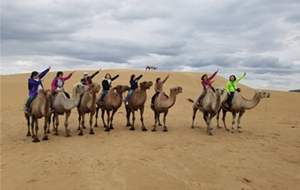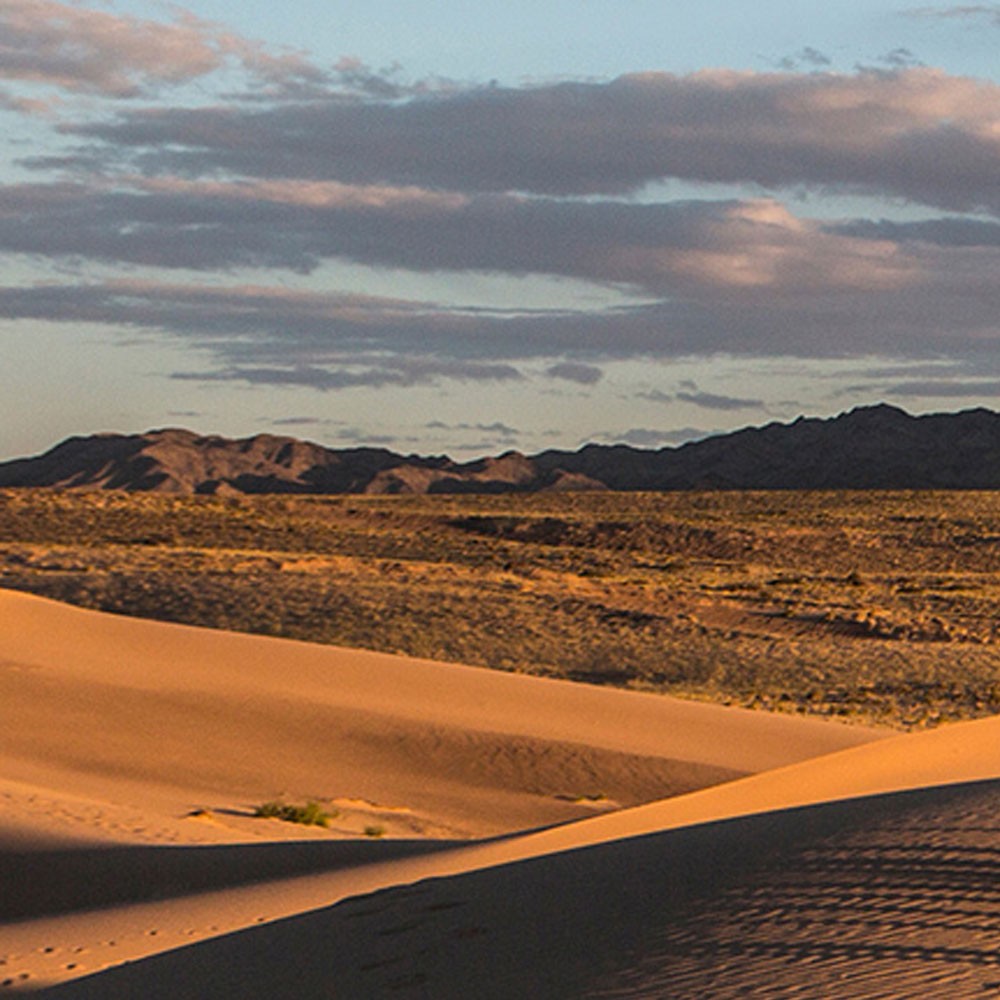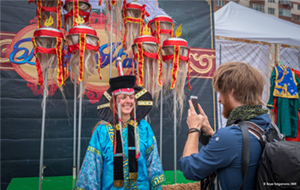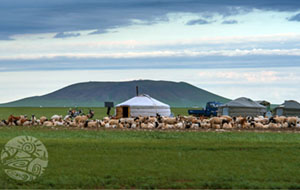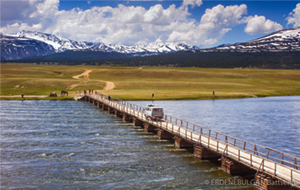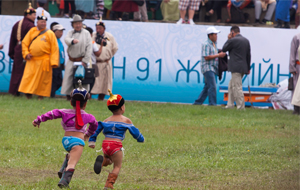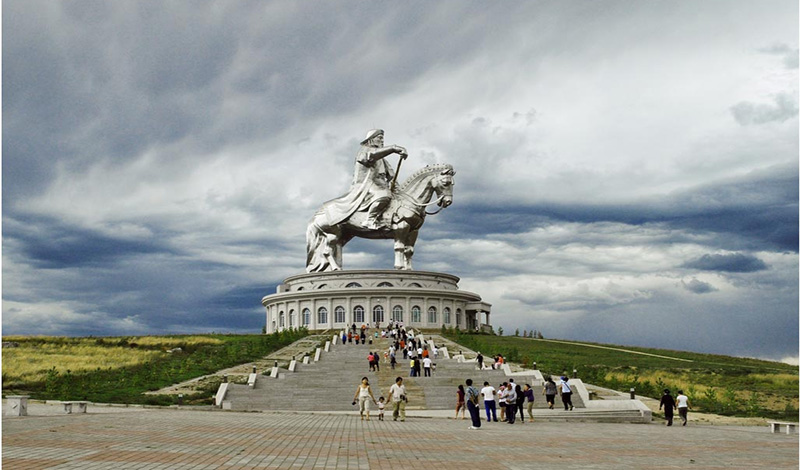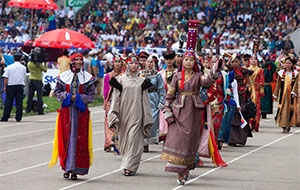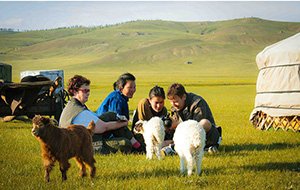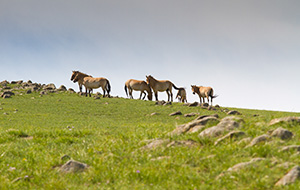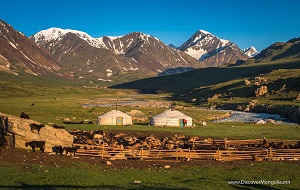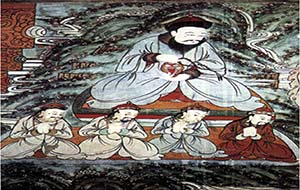The Millennium man, the most famous Mongolian emperor Genghis Khan’s grandson Kubilai Khan is one of the most prominent and accomplished emperors born in Genghis Khan’s clan. Yet, he was more favored in China than in Mongolia. We can see why from the following points which are most likely the main reasons why Kubilai Khan decided to move the capital of his dynasty to Beijing.
Geographical attraction
At Kubilai Khan’s time, Mongolian Empire was divided into four dynasties although some of them were called differently like khanate and horde, as shown in the above image. Yuan Dynasty (1271 – 1368) was one of them and Kubilai Khan was its emperor. His older brother Mongke, the last officially elected Great Khan of the Mongols, made Kubilai responsible for the northern part of China during his tenure. Yet, after Mongke’s death in a battle, Kubilai self-declared himself as a Khan and occupied China further to the south.
So, the majority of the dynasty he built up was in China, rather than in Central Asia. Therefore, it must have made sense for him to have a capital city at the centre of his dynasty rather than at the northern west corner, namely at Kharkhorin. Chinese cities like Dadu (today’s Beijing) must have been attractive not only due to its centric location but also its milder climate compared to Kharkhorin which has cold winter and hot summer.
Clash within clans
As mentioned above, Kubilai Khan self-declared himself as a Khan. Therefore, without a doubt, his siblings or cousins challenged his declaration. Before moving his capital to Beijing, Kubilai Khan spotted another northern city in China, namely Shandu or Xanadu, as his capital city, which he later decided to make his summer place. At Shandu, he had to encounter with his younger brother Ariq Boke who protested his brother’s self-declaration, and most importantly, his brother’s decision to declare a Chinese city as the capital of Mongolian Empire.
Such clash within his clan might have motivated Kubilai to move the capital further to the south from Xanadu to be more isolated from the potential threat to his throne from the north, in addition to the first speculation I made earlier on.
His mother’s influence
Kubilai Khan’s mother was the favorite wife of his father, Tolui -- Genghis Khan’s fourth son. Kubilai Khan’s mother Sorghaghtani Beki had four sons who all managed to rise up to be the Khans of the Mongol Empire. Hence, Sorghaghtani Beki, a princess of the Keraite clan, is still worshipped among Mongols as the wise queen with strategic moves which must have helped all of her sons to reach the top of the empire at certain point of time.
For instance, Kubilai was given lessons on Chinese language and culture besides military training, according to some sources. Some also believe that being immersed to Chinese culture from youth might have encouraged Kubilai to dig China deeper when he is grown up. Thus, his perceived interest and affection for China could have held him back in China and made him penetrate China even deeper by moving the capital to Beijing instead of going back to Kharkhorin to prove his throne after making his brother Ariq Boke submitted to himself.
To sum up, there are still many uncertain and under-discovered events, worth revisiting, in the history of Mongolia, especially with regard to the period of the Great Khans: 13th – 14th century. The one we briefly discussed above on the reason why Kubilai Khan moved his capital to Beijing is just an example. We will be delivering into more of them on Discover Mongolia blog site. So, please stay tuned!
 Chat with Us on WhatsApp
Chat with Us on WhatsApp












